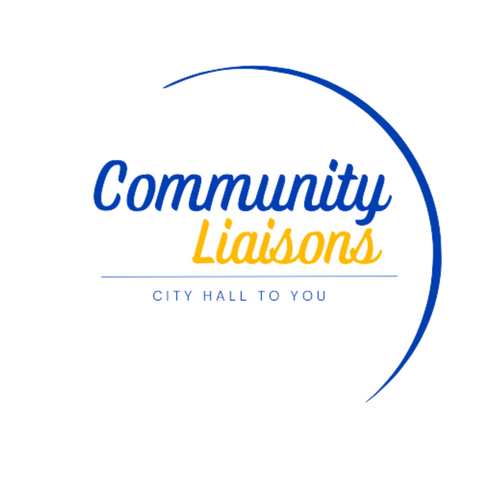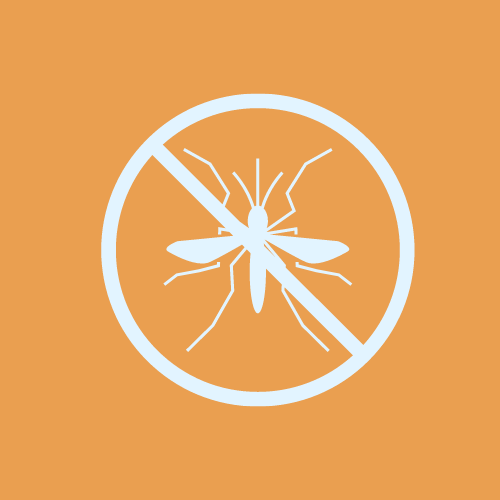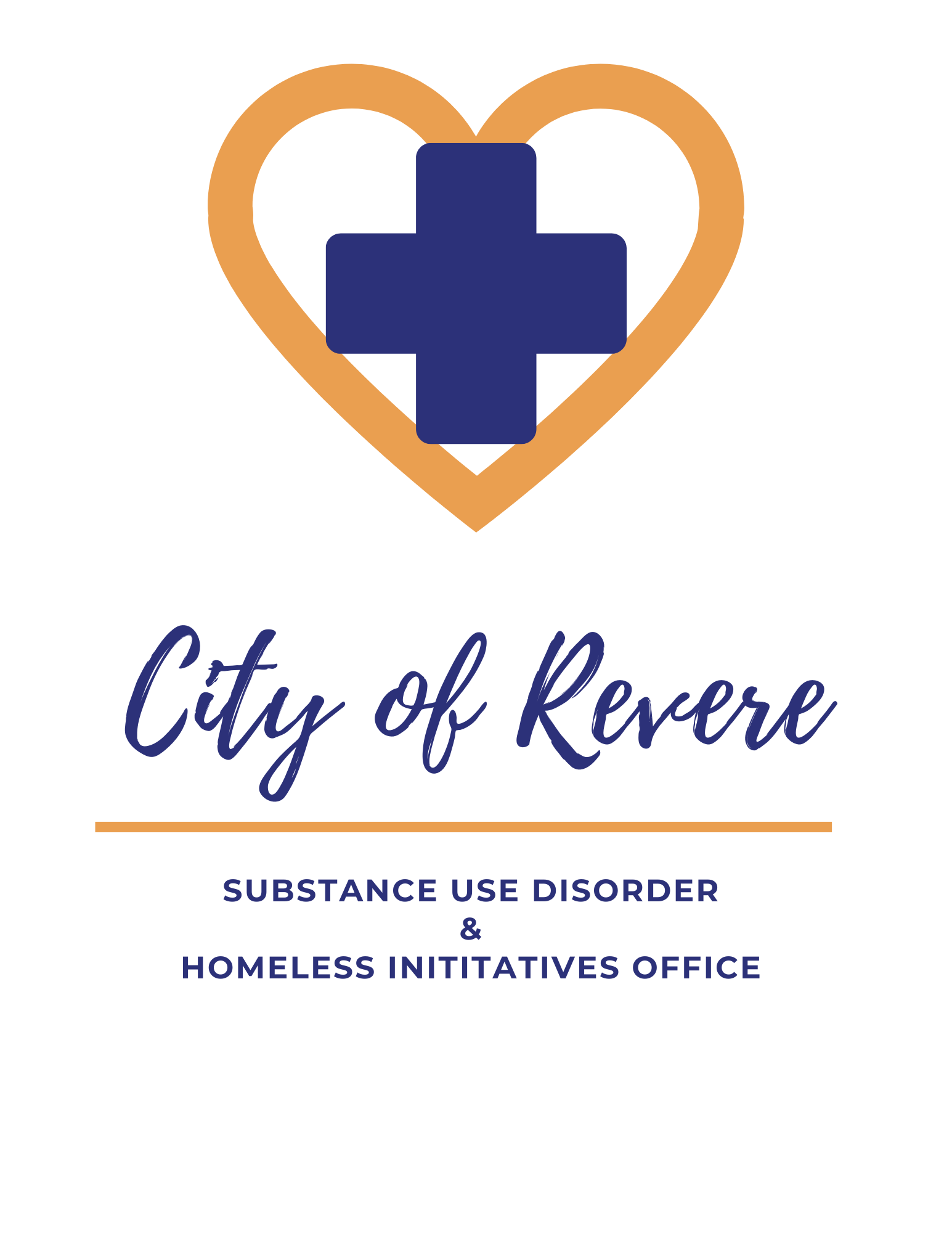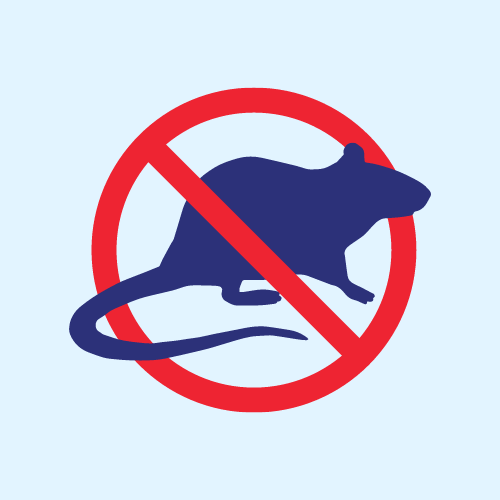Public Health Division
SUMMER 2025 - BEACH WATER QUALITY TESTING INFORMATION CAN BE FOUND HERE.
In The News
A heat wave is expected in Massachusetts from June 22 - 24, 2025. During this time, temperatures will reach unhealthy levels.
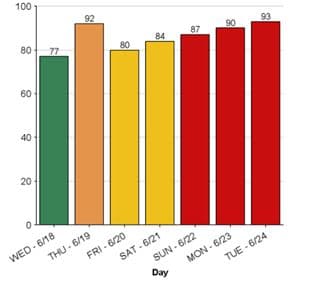
This week’s forecasted heat wave marks the first of the season— when the risk is highest. Data show that heat-related illnesses and hospital visits spike during the first stretch of 85°F days, before people have acclimated to the heat. Please take extra care if you are part of a vulnerable population (Elderly, children, outside workers, and chronically ill), check on those at risk, and use the tools and resources available to help your patients and community stay safe.
For more information: Extreme heat | Mass.gov
From the Massachusetts Department of Public Health:
DPH is warning the public about a growing cluster of botulism cases linked to cosmetic botulinum toxin (commonly referred to as 'Botox') injections administered at Rodrigo Beauty, located at 464 Granite Ave. in Milton, Mass. As of today, 10 cases of suspected iatrogenic botulism are under investigation, all associated with procedures performed at this spa. Iatrogenic botulism is a rare but serious illness caused by botulinum toxin spreading beyond the injection site, potentially leading to life-threatening symptoms. Anyone who received Botox injections at Rodrigo Beauty between May 1 and June 4 this year is strongly urged to contact the Massachusetts Department of Public Health at 617-983-6800. Anyone who had Botox injections at this location and is experiencing symptoms should go to the nearest emergency department. Early recognition and treatment can significantly improve outcomes. Patients and healthcare providers should be alert for symptoms such as blurred or double vision, drooping eyelids, slurred speech, difficulty swallowing, or difficulty breathing following Botox injections. DPH continues to emphasize the importance of seeking cosmetic procedures only from licensed professionals in accredited medical settings.
In spite of recent storm events and snow fall, Massachusetts is still in a drought and in fact conditions have worsened since the beginning of the year. The City of Revere is in a Critical Drought region. It is imperative that Revere residents practice indoor water conservation to ensure that our drinking water supplies are sustained, and to fully recover from and reduce drought impacts.
What can Residents do?
- Minimize overall water use
- Efficiently use water indoors by taking shorter showers with a timer, avoiding water running while brushing/shaving, and running dishwashers and washing machines at full capacity
- Follow local water restrictions
- Fix indoor leaks which result in more than 60% indoor water use
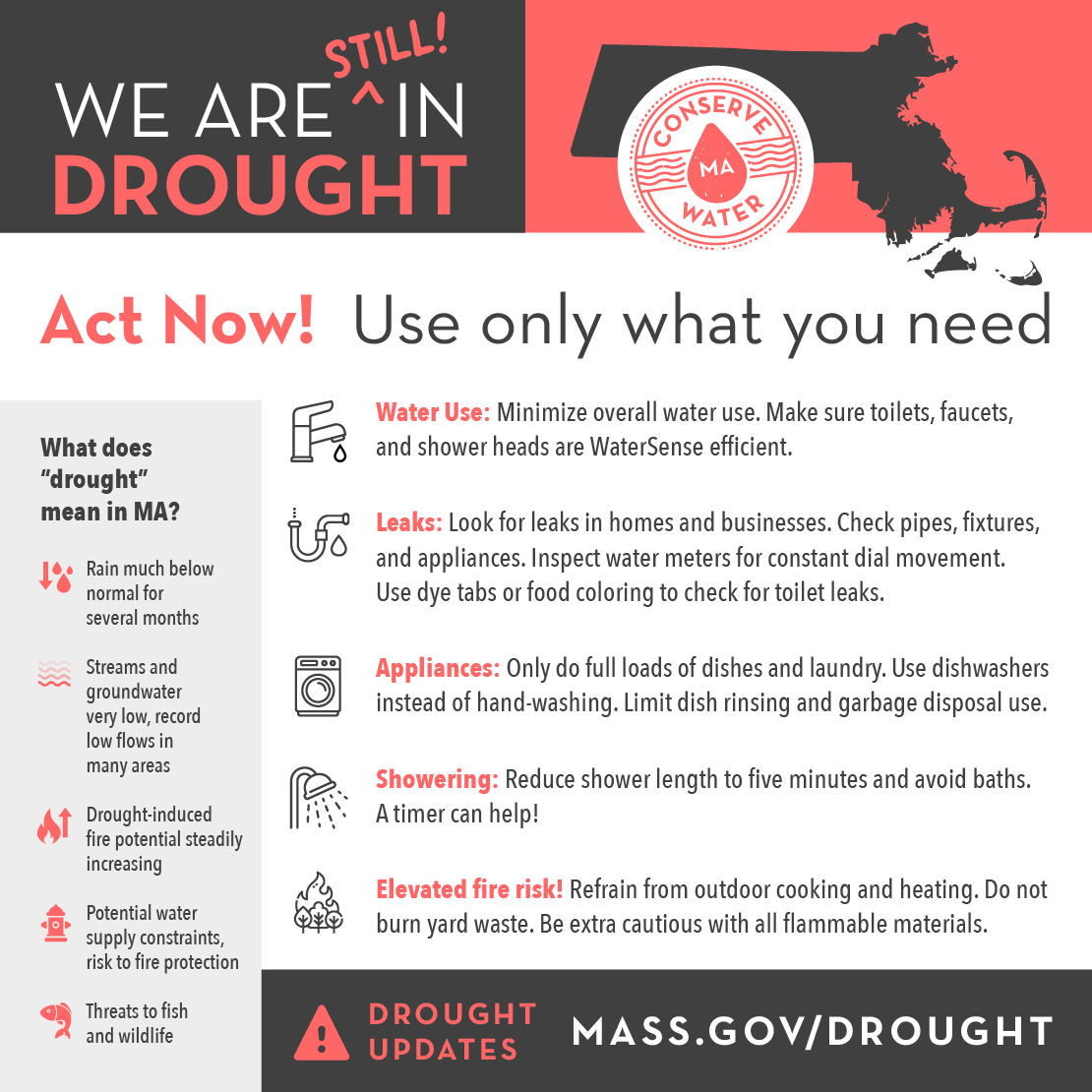
Over the past few months, national news has been reporting regularly on the current Avian Flu (H5N1). While the current risk to the public remains low, the CDC is watching the situation carefully and working with states to monitor people with animal exposure. The current avian flu is common in wild birds worldwide and is causing outbreaks in poultry and U.S. dairy cows. We would like to again inform Revere’s chicken and poultry owners of the following:
If you have backyard chickens, you should take the following precautions to reduce the risk of spreading disease:
- Isolate your birds from visitors and other birds, importantly wild birds.
- Prevent germs from spreading by cleaning shoes, tools, and equipment.
- Reduce the risk of transmission by avoiding sharing tools and equipment with neighbors.
- Know the warning signs of infectious bird diseases among the flock, including fatigue, abnormal drop in egg production, swelling or discoloration of the eyelids/comb/wattles/shanks, stumbling of falling down, diarrhea or unexplained death.
- If one of your birds is sick or dies unexpectedly:
- Avoid contact with the sick or dead bird. Assume other birds in the flock and their enclosures, droppings, feeders, and water sources are also infectious.
- Isolate the bird from other animals and pets. Don’t let your dog or cat near it.
- Immediately report the sick or dead bird to the Massachusetts Division of Animal Health at 617 -626-1795 or through mass.gov/reportbirds.
Currently, the USDA does not recommend removing backyard bird feeders for H5N1 UNLESS you also have poultry. Therefore, if you have backyard chickens, we do recommend that you remove all backyard bird feeders. The less contact between wild birds and poultry, the better.
If you have any further questions, please call the Revere Public Health Department at 781-485-8486. If you are aware of anyone keeping chickens without a license, please let us know at 781-485-8486.
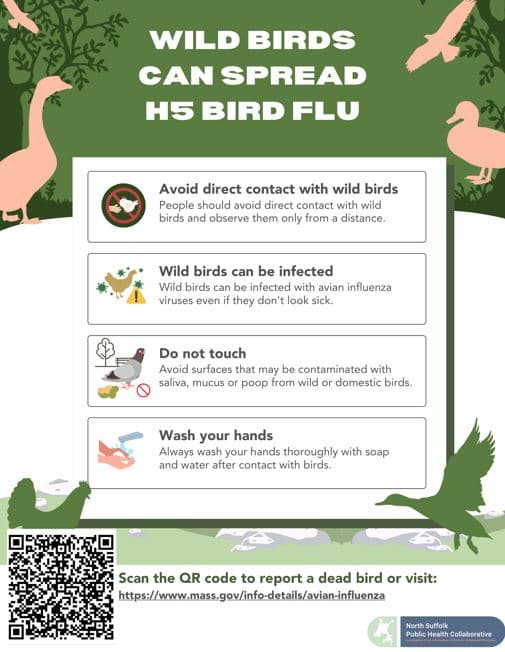


This alert message serves to inform you of an ongoing wildfire smoke event affecting Eastern Massachusetts. Wildfire smoke has permeated large portions of the region including Revere. Reports confirm multiple fires, with the largest encompassing over 100 acres in Salem, Massachusetts. Smoke from these and other fires throughout the state has led to degraded air quality, prompting concerns for the health of residents, particularly those at increased risk.
Some people may be more at risk during a wildfire smoke event because of where they live, their access to official government information, availability of resources to prepare and respond, and whether they already have health problems. These people include:
- Children under 5 and people over 65
- Pregnant people
- People of color due to systemic racism
- People who speak little or no English who may not receive emergency messages in their native language
- People with disabilities
- People with pre-existing medical conditions such as heart disease, asthma, lung diseases and respiratory allergies
- People that work or exercise outdoors
Those at increased risk should:
- Talk to your doctor about using asthma medications during a wildfire smoke event
- Stay up to date on local air quality information and air quality alerts in your community
- Plan to move outdoor activities indoors during wildfire smoke events
- Close windows and vents in homes and vehicles during wildfire smoke events
- Use high-efficiency (HEPA) air filters in heating and cooling systems
- Learn how to create a clean air room in your home using a box fan
- Have a supply of N95 masks, learn how to use them and practice having your child wear small N95 or surgical masks
Due to new federal regulations, the City of Revere's Water and Sewer Department, throughout 2024 and 2025 will be undertaking a project to categorize all service lines within the City of Revere. They will also be replacing all lead service lines throughout the next several years. Below is more information on the project:
Health effects of lead
Exposure to lead in drinking water can cause serious health effects in all age groups. Infants and children can have decreases in IQ and attention span. Lead exposure can lead to new learning and behavior problems or exacerbate existing learning and behavior problems. The children of women who are exposed to lead before or during pregnancy can have increased risk of these adverse health effects. Adults can have increased risks of heart disease, high blood pressure, kidney or nervous system problems.
Steps you can take to reduce exposure to lead in drinking water
- Obtain an ANSI (American National Standards Institute)/NSF (National Sanitation Foundation) Certified home water treatment device that is certified to remove lead (e.g., a faucet-mounted or pitcher water filter). An ANSI/NSF Certified treatment device is an effective way to reduce lead exposures.
- Run your water to flush out lead. Lead levels increase over time as water sits in lead-containing plumbing materials and regular non-consumptive water usage (e.g., laundry, bathing) in the building can reduce lead levels in drinking water. Consumers served by lead service lines may need to flush water for longer periods.
- Use only cold, fresh water for drinking, cooking, and preparing baby formula. Run the water for at least 1 minute or until after it turns cold.
- Do not boil water to remove lead. Boiling water does not remove lead.
- Clean your aerator. Regularly clean your faucet’s screen (also known as an aerator). Sediment, debris, and lead particles can collect in your aerator. If lead particles are caught in the aerator, lead can get into your water.
- Identify and replace plumbing fixtures containing lead and any copper piping with lead solder.
- Have your child’s blood tested for lead. Children are a higher risk group of the health effects of lead. If you would like to have your children tested, call the Massachusetts Childhood Lead Poisoning Prevention Program at 800-532-9571 to learn more, including where you can have your child’s blood tested.
- Have your water tested for lead. Send your water to a Massachusetts Department of Environmental Protection (MassDEP) approved laboratory (https://www.mass.gov/how-to/find-a-certified-laboratory-for-water-testing). If the results show lead levels at or greater than 15 parts per billion (ppb), call the City at 857-204-2398 so we can look for a cause.
Opportunities to replace lead service lines
Ownership of the service line varies by water system, but for the City of Revere, the service from the water main to the shut off valve is owned by the City and the water service from the shut off valve to the water meter is the responsibility of the homeowner. The City is developing a plan to replace both the City-owned and privately owned portions of the lead service line. Currently, the City covers the cost of replacing the private portion of the service line. In the future, the City may require that homeowners cover this cost, at which time we will develop a financial assistance program to help with this.
The City is required to replace its portion of a lead service line if the homeowner notifies the City that they are replacing their portion of the lead Service line.
You can search your address to find out the categorization of your service line using the Water and Sewer Inventory Map here. Please notify the City if you disagree with the service line material categorization.
For MassDEP information on Lead in Drinking Water, click here. For more information on the City's efforts to replace lead service lines in our community see the Water and Sewer webpage here. For questions, contact Anthony Gulizia at 781-808-6444 or agulizia@revere.org.
October 2024 has seen a substantial increase in contaminated food products and recalls from major food production companies. Some examples are below:
- Around 200 schools were affected by a recall of “ready-to-eat” meat and poultry products from the manufacturer BrucePac. This recall also affected products in stores like Albertsons, Safeway, Shaw’s, Star Market, and other grocery chains. None of the recalled products were purchased or distributed by the USDA’s National School Lunch and Breakfast Program, all were purchased from private vendors. So far, no schools in Massachusetts have been affected, but some grocery stores did stock the recalled products.
- Also this month, a Pennsylvania-based company has issued a recall on Trail Bologna Meat Processing Kits that may have had an undeclared wheat and soy allergen contamination.
- Also this month, Treehouse Foods, a major food processing company, expanded the recall of frozen waffle products to include hundreds of breakfast foods found in the freezer section because of listeria risks. The brands include Best Choice and Krusteaz.
- Finally this month, one confirmed death and other illnesses have been linked to a multi-state E.coli outbreak tied to Quarter Pounders sold at McDonald’s stores. The CDC, FDA, USDA, and public health officials are currently investigating to determine which ingredient is causing the outbreak. Currently, reports are traced back to stores in Colorado and Nebraska.
All of these come on the heels of the major listeria outbreak associated with Boar’s Head food products starting in July 2024 that has now been associated with 10 deaths and 59 hospitalizations across 19 states. There are 3 new wrongful death cases filed associated with this outbreak and a Boar’s Head processing plant has been permanently shut down in Virginia.
Recommendations from the Revere Public Health Department for Revere consumers:
-
- Regularly check recall lists on places like recalls.gov, sign up for recall notifications, examine food products for ‘best by’ dates
- If unsure about a product call the manufacturer and discard all recalled or expired food products.
The water quality at Revere Beach and Short Beach is tested weekly during the summer months by the Department of Conservation and Recreation and Revere’s Department of Public Works. The water is tested for a specific type of bacteria and if this bacteria level gets too high, the water can become unsafe for swimming or ingestion. This typically happens when there are high rain events or events that lead to a lot of run-off being discharged into waterways. Beachgoers will see “No Swimming” signs posted on entrances to the beach, on lifeguard stands, and hear lifeguards making announcements. The water will continue to be tested weekly and when bacteria levels drop below the level of concern the signs will be removed. Swimming or ingesting contaminated water could result in symptoms like nausea, diarrhea, stomach cramps, chills or fever. If you are concerned about your potential exposure to contaminated water when signage is posted, please contact your healthcare provider.
Here is an example of signage to look for at Revere Beach this summer:

The Massachusetts Department of Public Health (MDPH) announced today that West Nile virus (WNV) has been detected in mosquitoes collected from Revere and other surrounding communities in Massachusetts.
WNV is most commonly transmitted to humans by the bite of an infected mosquito. The mosquitoes that carry this virus are common throughout the state and are found in urban as well as more rural areas. While WNV can infect people of all ages, people over the age of 50 are at higher risk for severe infection.
By taking a few, common sense precautions, people can help to protect themselves and their loved ones:
Avoid Mosquito Bites
- Apply Insect Repellent when you go outdoors. Use a repellent with DEET (N, N-diethyl-m-toluamide), permethrin, picaridin (KBR 3023), IR3535 or oil of lemon eucalyptus [p-methane 3, 8-diol (PMD)] according to the instructions on the product label. DEET products should not be used on infants under two months of age and should be used in concentrations of 30% or less on older children. Oil of lemon eucalyptus should not be used on children under three years of age. Permethrin products are intended for use on items such as clothing, shoes, bed nets and camping gear and should not be applied to skin.
- Clothing Can Help reduce mosquito bites. Although it may be difficult to do when it’s hot, wearing long-sleeves, long pants and socks when outdoors will help keep mosquitoes away from your skin.
- Be Aware of Peak Mosquito Hours - The hours from dusk to dawn are peak biting times for many mosquitoes. When risk is increased, consider rescheduling outdoor activities that occur during evening or early morning. If you are outdoors at any time and notice mosquitoes around you, take steps to avoid being bitten by moving indoors, covering up and/or wearing repellant.
Mosquito-Proof Your Home
- Drain Standing Water– Many mosquitoes lay their eggs in standing water. Limit the number of places around your home for mosquitoes to breed by either draining or getting rid of items that hold water. Check rain gutters and drains. Empty any unused flowerpots and wading pools and change water in birdbaths frequently.
- Install or Repair Screens- Some mosquitoes like to come indoors. Keep them outside by having tightly-fitting screens on all your windows and doors.
Revere's Department of Public Health will continue to work closely with the MDPH and other agencies throughout the rest of the 2024 mosquito season.
Information about WNV and reports of current and historical WNV virus activity in Massachusetts can be found on the MDPH website at: www.mass.gov/dph/mosquito.
From the CDC:
Key Points:
- Thirty-four people infected with the outbreak strain of Listeria monocytogenes have been reported from 13 states. Thirty-three people have been hospitalized and two deaths have been reported, one from Illinois and one from New Jersey.
- In interviews with sick people, 23 of 24 (89%) reported eating meats sliced at deli counters. Thirteen people reported eating deli sliced liverwurst, with seven of those reporting Boar’s Head brand.
- An unopened Boar's Head liverwurst product tested positive for Listeria monocytogenes. WGS is ongoing to determine if the listeria in the liverwurst is the same as the ill people.
- Investigators are working to determine if other deli meat products are affected.
What You Should Do:
- Do not eat recalled deli products. Throw them away or contact stores about returns.
- People who are at higher risk for getting sick with Listeria should still avoid eating meats sliced at deli counters, unless heated to an internal temperature of 165°F or until steaming hot just before serving.
- Clean your refrigerator, containers, and surfaces that may have touched sliced deli meats.
- Call your healthcare provider if you have symptoms of Listeria and recently ate meats sliced at deli counters.
- Businesses that received recalled meats should take extra precautions like cleaning and sanitizing and throwing away opened sliced meats and cheeses at delis. Businesses should also follow USDA-FSIS best practices for controlling Listeria contamination in deli areas.
About Listeria:
- Listeria can cause severe illness (known as invasive listeriosis) when the bacteria spread beyond the gut to other parts of the body.
- Pregnant people typically experience only fever, fatigue, and muscle aches. However, Listeria infection during pregnancy can lead to miscarriage, stillbirth, premature delivery, or life-threating infection of the newborn.
- People who are not pregnant may experience headache, stiff neck, confusion, loss of balance, and convulsions, in addition to fever and muscle aches.
- Symptoms of severe illness usually start 1 to 4 weeks after eating contaminated food with Listeria but may start as early as the same day or as late as 70 days after.
From the Massachusetts Department of Public Health:
State Public Health Officials are alerting residents of a case of measles that was diagnosed in an international visitor who traveled through Boston to Amsterdam using public transportation on Saturday, June 22 while infectious. To read more visit the state's webpage here.
Exposures to this individual may have occurred at the following locations and times:
- 11:40 am Dartmouth Coach bus line departure from Hanover, NH
Dartmouth College to Boston, MA arriving at Logan Airport at approximately 2:40pm
- 2:40pm to 8:40pm Terminal E at Logan Airport, Boston, MA
- Flight KLM6016 from Boston to Amsterdam departing from Gate E5
Those who were exposed and begin to develop symptoms of measles should call their healthcare provider before visiting an office, clinic, or emergency department. Visiting a healthcare facility may put others at risk and should be avoided. If you do need to visit a health care facility, please make sure to wear a mask to reduce possible transmission.
People who have had measles, or who have been vaccinated against measles per US Centers for Disease Control and Prevention (CDC) recommendations are considered immune. The CDC recommendations are:
- Children. Children should receive their first dose of Measles-Mumps-Rubella (MMR) vaccine at 12-15 months. School-aged children need two doses of MMR vaccine.
- Adults. Adults should have at least one dose of MMR vaccine. Certain groups at high risk need two doses of MMR, such as international travelers, health care workers, and college students. Adults born in the US before 1957 are considered immune to measles from past exposures.
Anyone who has had measles in the past or has received two doses of the vaccine is unlikely to develop measles even if exposed.
For additional information, contact your local health department or DPH at 617-983-6800. Learn more about measles on DPH's website.
“The National Weather Service has issued a Heat Advisory for Eastern Massachusetts starting on Tuesday, 6/18/2024 until Friday, 6/21/2024. The Governor’s Office has provided guidance for residents to stay safe during extreme heat here (link: https://www.mass.gov/news/healey-driscoll-administration-shares-hot-weather-precautions-ahead-of-heat-wave ). We encourage resident to check-in on neighbors during this time, especially the homebound, disabled, and elderly.
In anticipation of the next few days of hot weather, the City of Revere is hosting a cooling station at the American Legion Lawn on Tuesday 6/18 and Thursday 6/20 from 1:00 – 3:00 pm. See flier below.”
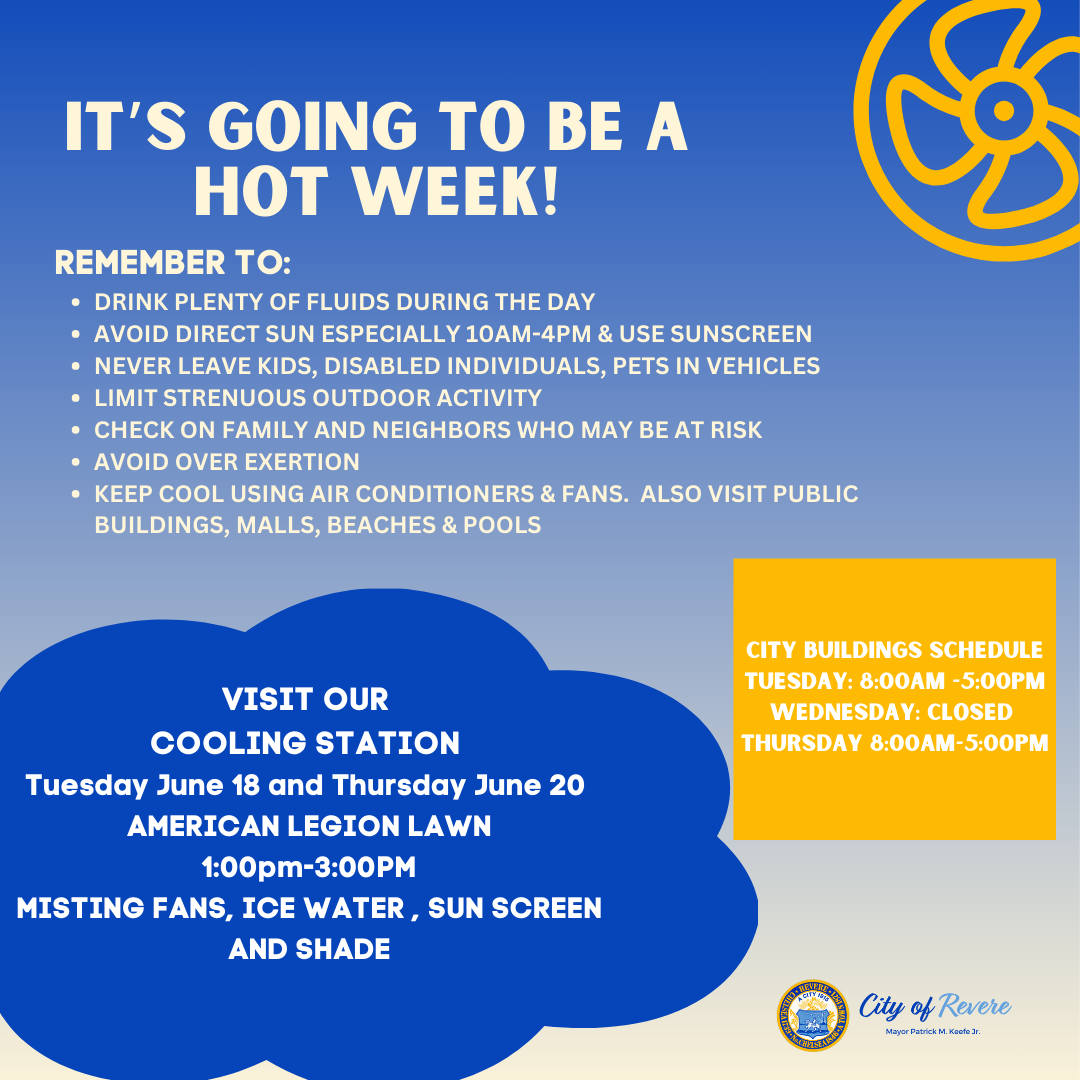
Weather forecast has indicated extreme heat for the next few days for all of Massachusetts. Today, the Governor's Office provides guidance for residents to stay safe during extreme heat. We encourage residents to check in on neighbors during this time, especially the homebound, disabled, or elderly.
In anticipation of the next few days of hot weather, the City of Revere is hosting outdoor cooling stations in 4 locations
.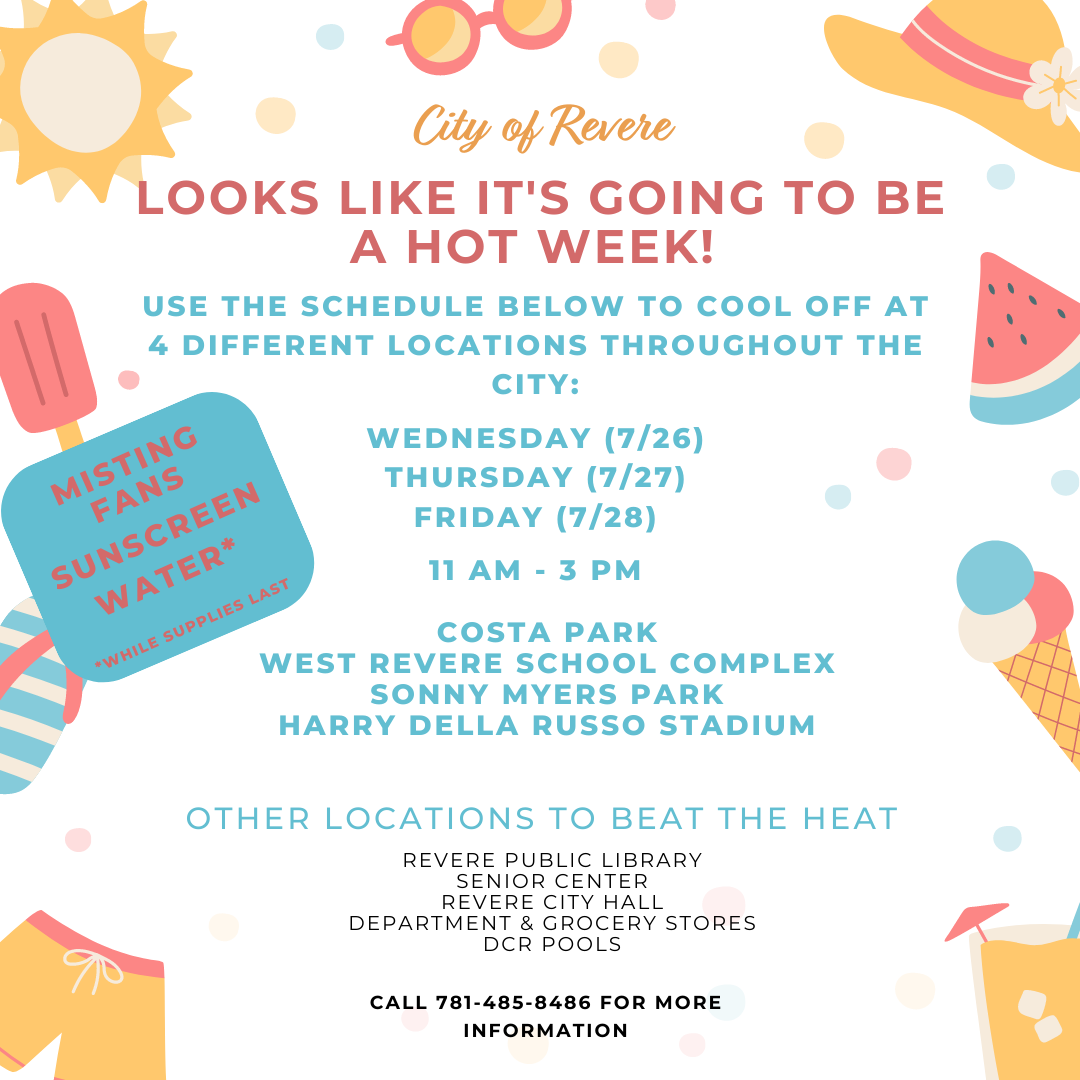
The water quality at Revere Beach and Short Beach are tested weekly during the summer months by the Department of Conservation and Recreation and Revere’s Department of Public Works. The water is tested for a specific type of bacteria and if this bacteria level gets too high, the water can become unsafe for swimming or ingestion. This typically happens when there are high rain events or events that lead to a lot of run-off being discharged into waterways. Beachgoers would see “No Swimming” signs posted on entrances to the beach, on lifeguard stands, and hear lifeguards making announcements. The water will continue to be tested weekly and when bacteria levels drop below the level of concern the signs will be removed. Swimming or ingesting contaminated water could result in symptoms like nausea, diarrhea, stomach cramps, chills or fever. If you are concerned about your potential exposure to contaminated water when signage is posted, please contact your healthcare provider.
Here is an example of signage to look for at Revere Beach this summer:
The Massachusetts Department of Public Health (DPH) announced that West Nile virus (WNV) has been detected in mosquitoes in Massachusetts for the first time this year. The presence of WNV was confirmed by the Massachusetts State Public Health Laboratory in a mosquito sample collected July 6 in the town of Brookline in Norfolk County. No human or animal cases of WNV or Eastern equine encephalitis (EEE) have been detected so far this year.
More information, including all WNV and EEE positive results, can be found on the Arbovirus Surveillance Information web page at Mosquito-borne Diseases | Mass.gov, which is updated daily, or by calling the DPH Division of Epidemiology at 617-983-6800.
For prevention tips and to read the full press release, click here.
Canadian Wildfire Smoke Exposure Poses Threat to At-Risk Populations in Massachusetts
Background
Climate change is increasing the vulnerability of many forests to wildfires and is also projected to increase the frequency of wildfires in certain regions of the United States. Wildfires produce high volumes of smoke each year, leading to unhealthy air quality levels, sometimes hundreds of miles away from the fire. Wildfire smoke is a mix of gases and fine particles from burning trees, plants, buildings, and other material. People who are very near the fire source may have smoke inhalation injury, which is caused by thermal (superheated gases), chemical (e.g., particulate matter and other irritants), and toxic (e.g., carbon monoxide, cyanide) effects of the products of combustion. But wildfire smoke can affect people even if they are not near the fire source.
Individuals especially at risk after exposure to wildfire smoke include people with:
- asthma,
- COPD, or
- cardiovascular disease (e.g., ischemic heart disease, congestive heart failure).
Children, older adults, or those who are pregnant are also especially at risk for severe outcomes.
Recommendations for the Public When Air Quality is Poor:
- Stay indoors and keep smoke outside.
- Limit your time outdoors. If you must go outside when smoke is visible or can be smelled, reduce your smoke exposure by wearing an N95 or P100 respirator.
- Keep track of smoke near you using AirNow’s “Fire and Smoke Map” or the AirNow app or by listening to the Emergency Alert System (EAS) and National Oceanic and Atmospheric Administration (NOAA) Weather Radio.
- Call your regional poison center if you have questions about wildfire smoke exposure (1-800-222-1222).
- If you have a medical condition like asthma, COPD, or metabolic and cardiovascular disease that puts you at risk for a severe outcome from wildfire smoke exposure, monitor your symptoms, seek medical care when needed, and ensure that your prescriptions are up-to-date and that you have an adequate supply on hand.
City of Revere Vaccine Program
The City of Revere Public Health Department operates several vaccine clinics throughout the year.
- Learn more about vaccines here.
- Learn more about the Massachusetts School Immunization Requirements (2024-2025) here.
- Learn more about the Childhood and Adolescent Immunization Schedule here.
- Learn more about the Adult Immunization Schedule here.

The City of Revere Public Health Nurses work in collaboration with Revere Public School nurses and the Revere Public School Parent Information Center (PIC) to review immunization records, schedule vaccine appointments for eligible children, and follow-up to complete vaccination series.
- Vaccine clinics occur weekly, throughout the year, on an appointment-only basis.
- This clinic is open to anyone age 5 - 18 years old.
- Vaccines are issued through the federal Vaccines for Children program.
- Vaccines are free of charge. No insurance is needed to be eligible for an appointment.
To reach the Revere Public Schools Parent Information Center, call 781-485-8453.
For general questions, please call the Public Health Department at 781-485-8486.

The City of Revere Public Health Nurses operate seasonal flu vaccine clinics during the fall months. We offer both the Regular Dose Flu Vaccine (recommended for anyone 6 months or up) and the High-Dose Flu Vaccine (recommended for anyone 65 years or older).
Learn more about the High-Dose Flu Vaccine here.
We also provide flu vaccines to homebound Revere residents in October and November each year. If you are interested in getting a vaccine in your home for you or a family member please fill out this form and someone from the Public Health Department will get back to you within one business week.
All Flu Clinics are completed for the 2024- 2025 flu season! Check back again in late summer 2025 for information about upcoming flu clinics.
There are many other vaccines available at this time. Some include:
The City of Revere Public Health Department does not offer any of the above vaccines at this time. We recommend calling your primary care provider first to see if they suggest and offer any of the above vaccines. Next, you can schedule vaccination appointments at a local pharmacy like:
All answers are provided by Your Local Epidemiologist in collaboration with the Yale School of Public Health.
- Are childhood vaccines safer than the diseases themselves? Yes, the benefits continue to outweigh the risks for routine vaccine-preventable diseases. For example, the risks of side effects from a measles-mumps-rubella (MMR) vaccination are vanishingly small, especially compared to the devastating effects of measles.
- Do children really need vaccinations, even if the disease is not still around? Although many diseases, like measles, are no longer widespread in most U.S. communities, children still need vaccinations to maintain their immunity. These diseases are still alive and well in other parts of the world. Think of population immunity like a water dam built to prevent flooding. Once it's built, we won't have flooding anymore. But if the next generation comes along and says, "Hey, there's no flooding anymore- do we really need this dam?" and decides to get rid of it, the flooding would return quickly. Your probability of encountering measles or polio is low because so many people around you are vaccinated. When adults and kids are vaccinated against common diseases, it helps protect people whose immune system isn't fully functioning or who haven't been able to be vaccinated yet.
- Ho do we know vaccines are safe? Are they ever taken off the market? Rigorous, ongoing scrutiny of vaccine safety continues long after clinical trials conclude. This is important because even among the largest trials involving tens of thousands of volunteers, scientists may not detect a very rare safety concern that may emerge only after millions of doses.
- Children receive so many more vaccines these days. Why? Is this ok? This is true. Children born before the 1990s received far fewer vaccines than today's kids. However, over the years, we have gotten better at developing vaccines. We target immune protection far more effectively. Over the years, scientists got smarter at targeting viruses and bacteria - exposing children to fewer and fewer parts of the microbe to stimulate the immune system. This is one way scientists and physicians know that the number of childhood vaccines cannot overwhelm immune systems.
- Why do some children still get sick with a disease after being vaccinated? Vaccines significantly reduce the likelihood of getting sick from infectious diseases and, in many cases, reduce transmission. Most vaccines, however, do not completely eliminate the risk of becoming infected with the disease.
Mon. 8:15 am – 5 pm
Tues. 8:15 am – 5 pm
Wed. 8:15 am – 5 pm
Thur. 8:15 am - 5 pm
Fri. 8:15 am - 12:15 pm



